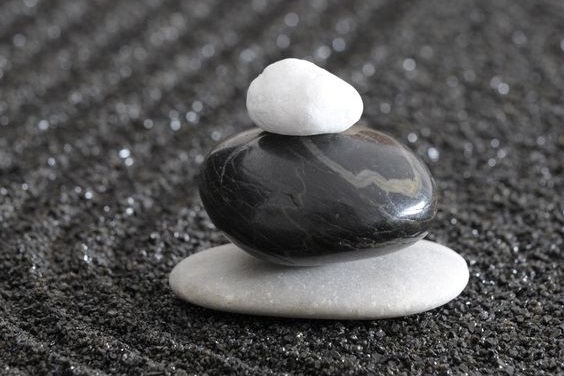Thinking about a Japanese garden brings images of simplicity, order and calm – a well-placed rock, a pool, a small grove of bamboo focuses the mind.
To quote one authority on Japanese gardens, “The minimalist approach applies to all aspects of gardening. The overall design should have smooth, clean lines and no unnecessary flourishes… with so few elements chosen and placed so carefully, the garden becomes a harmonious space.” From another source we learn, “In order to reach the essence of things, all non-essential elements must be eliminated.”
The absence of clutter, the essence of a Japanese garden, is a great guideline for email marketing – or for any content.
In William Zinsser’s book On Writing Well we are told to strip every sentence to its cleanest components – making reading easier, concepts better understood, and the risk of losing the audience less. “Clutter is the disease of American writing. We are a society strangling in unnecessary words, circular construction, pompous frills and meaningless jargon”, Zinsser tells us – and reading what arrives in my in-tray every day, I believe him.
Phrases such as “at this point in time”, “you are probably aware”, “are connecting with”, “consensus of opinion”, “despite the fact that”, “we have been experiencing” – and many more – are all content weeds, distracting readers and obscuring the point. If you mean “now” why say “at this point in time” – it’s no clearer or more elegant! The same goes with phrases such as “head up a committee” and “free up” – in either case the word “up” is rarely needed.
In writing blogs, white papers and emails, less is better than more – a 100-word email will trump a 150-word or 200-word piece. Your readers may even get to the end of the email before losing interest – and thank you for not wasting their time!
Prune, cut, eliminate and simplify your garden of content – let readers see the concepts without clutter. Write as if you were constructing a Japanese garden in clean, neat lines. To quote Zinsser one more time, “Fighting clutter is like fighting weeds – the writer is always slightly behind. New varieties sprout overnight and by noon they are part of American speech”.
Happy pruning!
